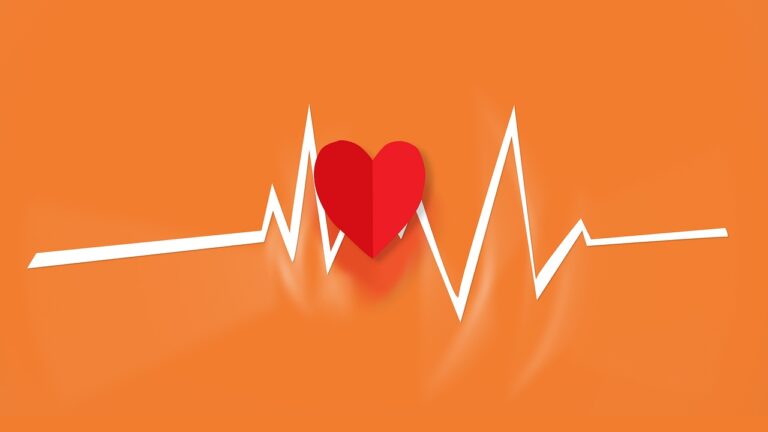The Importance of Health Literacy in Urgent Care
laserbook 247 com, lotus299 id, 11xplay reddy login:Health literacy plays a crucial role in urgent care settings. It not only helps patients understand their conditions and follow treatment plans but also enables healthcare providers to communicate effectively and make informed decisions. In this article, we will discuss the importance of health literacy in urgent care and how it can improve patient outcomes.
Understanding the importance of health literacy
Health literacy refers to an individual’s ability to obtain, process, and understand basic health information and services needed to make appropriate health decisions. In urgent care settings, where patients seek immediate medical attention for acute illnesses or injuries, health literacy is vital.
Patients who have low health literacy may struggle to understand their symptoms, follow instructions for medication or treatment, and communicate their medical history effectively. This can lead to misunderstandings, non-compliance with treatment plans, and poor health outcomes.
On the other hand, patients with high health literacy are more likely to actively engage in their care, ask questions, and advocate for themselves. They are better equipped to navigate the healthcare system, understand medical jargon, and make informed decisions about their health.
Importance of clear communication
Effective communication is essential in urgent care settings to ensure that patients receive the care they need. Healthcare providers must use clear and simple language, avoid medical jargon, and verify that patients understand their instructions. This promotes patient safety, improves adherence to treatment plans, and reduces the likelihood of medical errors.
Additionally, health literacy is essential for informed consent, where patients must understand the risks, benefits, and alternatives to a proposed treatment or procedure. Patients with low health literacy may struggle to comprehend complex medical information, which can compromise their ability to make informed decisions about their care.
Empowering patients
Improving health literacy empowers patients to take control of their health and well-being. By providing patients with the knowledge and skills to make informed decisions, healthcare providers can promote self-management, prevent chronic conditions, and reduce healthcare costs.
Patients who are health literate are more likely to schedule preventive screenings, adhere to medication regimens, and seek timely medical care when needed. They are also better able to communicate their needs and preferences to healthcare providers, leading to a more collaborative and patient-centered approach to care.
Training healthcare providers
Healthcare providers also play a critical role in promoting health literacy among their patients. By honing their communication skills, using plain language, and providing written materials in a clear and accessible format, providers can help patients understand their diagnoses, treatment options, and follow-up care.
Training programs and resources are available to help healthcare providers enhance their health literacy skills and effectively communicate with patients. By investing in ongoing education and training, providers can create a culture of health literacy within their organizations and improve the overall quality of care.
Promoting health literacy in urgent care
In urgent care settings, where time is often limited, healthcare providers must prioritize health literacy to ensure that patients receive the care they need. This includes providing written instructions, using visual aids, and confirming that patients understand their diagnoses and treatment plans before they leave the facility.
By incorporating health literacy best practices into their workflows, urgent care providers can enhance the patient experience, improve health outcomes, and reduce the likelihood of readmissions. Investing in health literacy benefits both patients and providers, leading to better communication, increased patient satisfaction, and lower healthcare costs.
In conclusion, health literacy is essential in urgent care settings to promote patient safety, improve communication, and empower patients to make informed decisions about their health. By prioritizing health literacy and training healthcare providers to communicate effectively, urgent care facilities can enhance the quality of care they provide and ultimately improve patient outcomes.
FAQs
What is health literacy?
Health literacy refers to an individual’s ability to obtain, process, and understand basic health information and services needed to make appropriate health decisions.
Why is health literacy important in urgent care?
Health literacy is vital in urgent care settings to ensure that patients understand their conditions, follow treatment plans, and make informed decisions about their health.
How can healthcare providers promote health literacy?
Healthcare providers can promote health literacy by using clear and simple language, avoiding medical jargon, and providing written materials in a clear and accessible format.
What are the benefits of health literacy in urgent care?
Health literacy in urgent care settings promotes patient safety, improves communication, and empowers patients to take control of their health and well-being.
How can patients improve their health literacy?
Patients can improve their health literacy by asking questions, seeking clarification when needed, and engaging with healthcare providers to understand their diagnoses and treatment plans.







